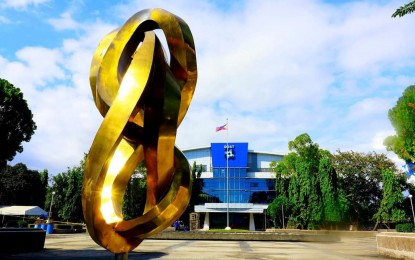
(Photo courtesy of DOST)
MANILA – The Department of Science and Technology (DOST) on Wednesday announced it has provided PHP15.95 million assistance to veterinary research and diagnostics company, BioAssets Corporation.
The DOST said it recognizes the need for animal vaccine research and development (R&D), using the funding to acquire the latest technologies that will help establish a point-of-need animal health diagnostic system.
In addition, a mobile laboratory unit will be equipped with portable diagnostic devices and will be set up in resource-limited areas.
The BioAssets Corporation plans to provide foundational support for African swine fever (ASF) vaccine development, according to the DOST.
"Through R&D, we are able to find innovative technologies that will protect public health and ensure food safety," DOST Secretary Fortunato de la Peña said in a statement.
The assistance was made possible through the DOST's Business Innovation Through Science and Technology (BIST) for Industry program, which strengthens the capabilities of local companies, enabling them to innovate and develop competitiveness through acquisition of equipment.
Citing Food and Agriculture Organization data, the DOST said 51 out of 81 provinces in the Philippines have confirmed cases of ASF as of July 2021.
"The first case was reported in July 2019, several months before the spread of Covid-19 virus globally," it noted.
ASF is a viral disease that infects pigs and causes hemorrhage in the skin and internal organs of the swine. It significantly affects the swine industry and if not treated, may have an impact not only on the agriculture industry but on the economy, too, the DOST emphasized.
Currently, there is no vaccine or treatment for ASF.
The government, however, has been implementing preventive measures and forged partnerships with local and international R&D-based companies and agencies to study and find treatment for the ASF. (PNA)
